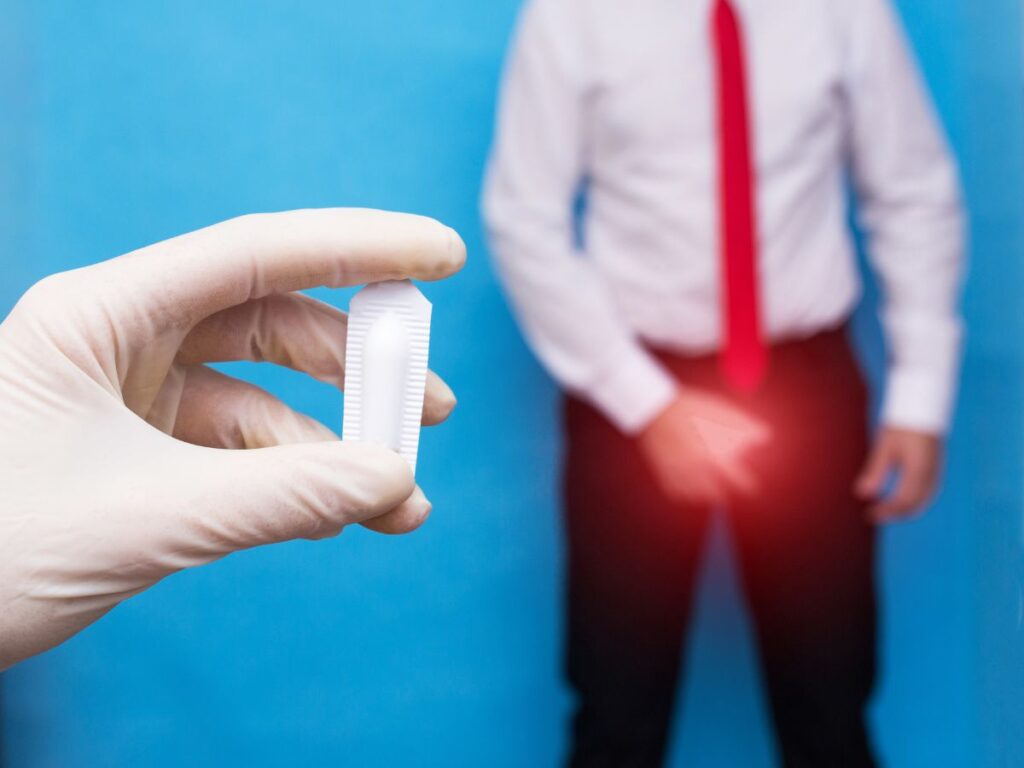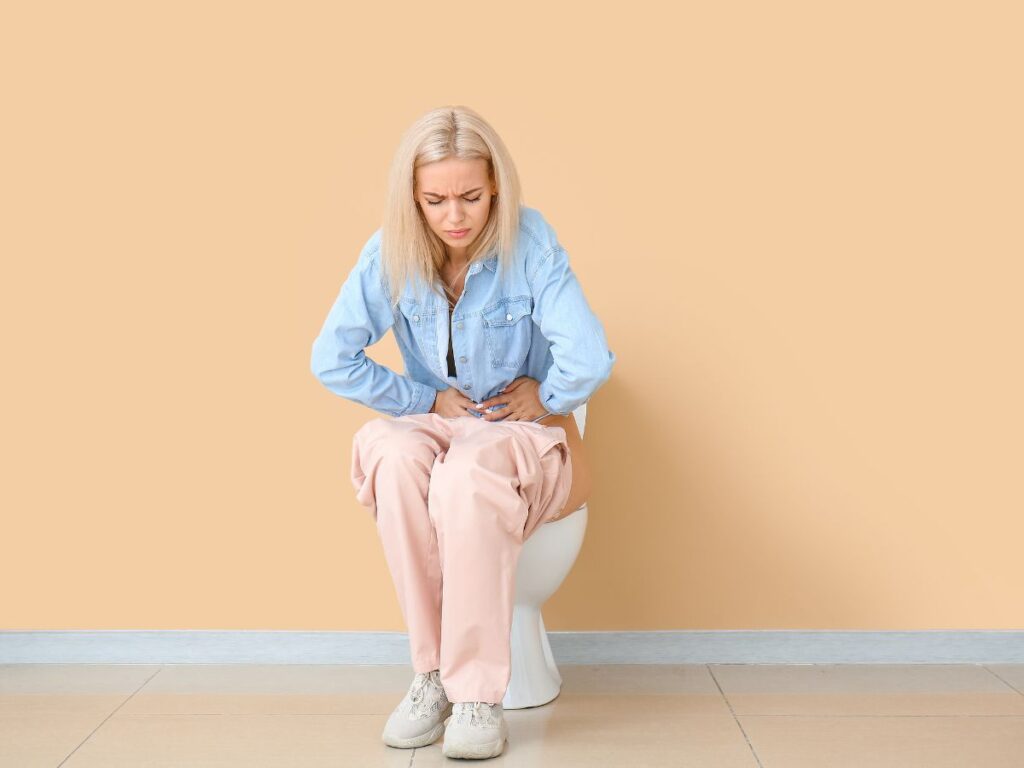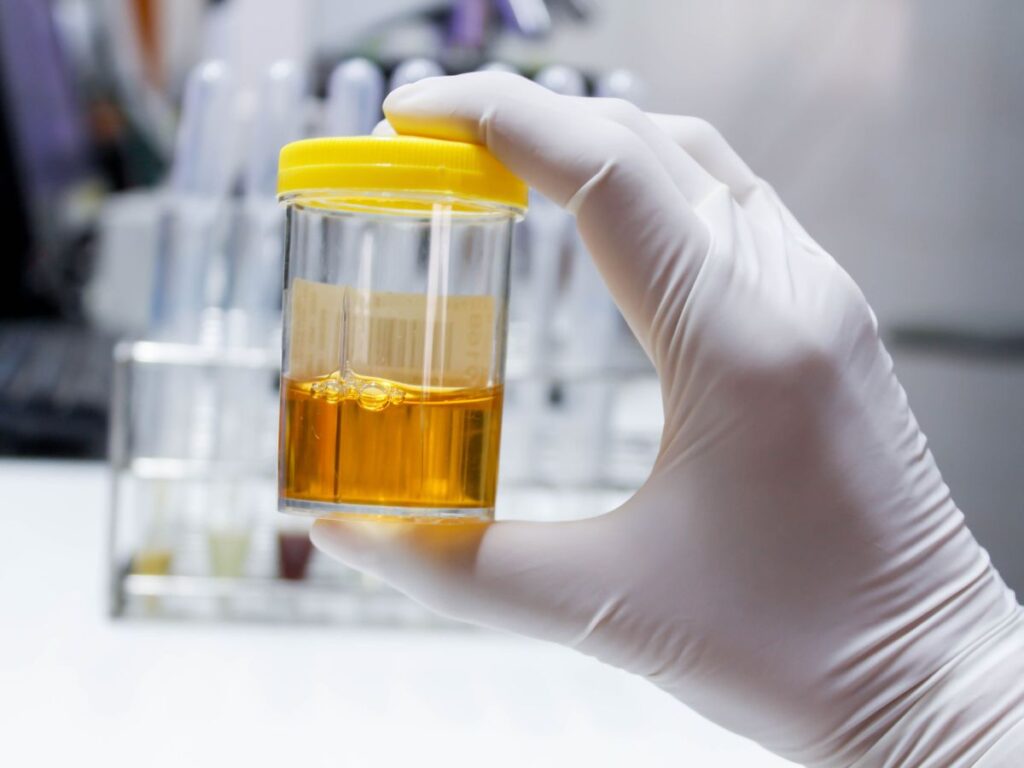Bladder Weakness
Bladder weakness can often cause frequent urination. Due to which urine comes every little while and even after urinating it feels as if the urge to urinate is felt.
At this time, many people in the world are suffering from this pain, some of them also develop many psychological disorders due to this pain. Such people end up going to events and even if they do, the first thing they think about is where the bathroom or toilet is.
For this reason, they feel better to be alone. If bladder weakness persists then it is necessary to consult any specialist urologist.

Bladder Weakness Symptoms
If you sometimes suddenly feel the need to urinate frequently, it does not necessarily mean that you are suffering from bladder weakness, but there may be many other reasons for this.
For example, certain foods or lifting weights or trying to stop urination etc. are things that sometimes cause frequent urination. These weakness symptoms can be like this.
Urination so intense that you cannot stop it:
Intense and uncontrollable urination, also known as urgency incontinence, refers to a sudden, compelling need to urinate that is difficult to suppress.
This urgency can result in involuntary urine leakage, and individuals experiencing this symptom may find it challenging to reach the restroom in time.
Frequent urge to urinate:
A persistent and frequent urge to urinate, known as urinary urgency, can be indicative of various underlying issues such as urinary tract infections, bladder dysfunction, or overactive bladder syndrome.
Individuals may feel the need to urinate even when the bladder is not full, leading to disruptions in daily activities.

Urinating at least eight times or more in a day:
A urinary frequency of eight or more times per day suggests an increased frequency of urination. While the number of daily urinations can vary among individuals, consistently exceeding eight times may be a sign of conditions like overactive bladder, diabetes, or urinary tract infections.
Monitoring and understanding this pattern can be crucial for identifying potential health concerns.
Eye opening due to frequent need to urinate while sleeping at night:
Waking up during the night due to a frequent need to urinate, known as nocturia, can interrupt sleep patterns and impact overall sleep quality.
This symptom can be associated with various conditions, including an overactive bladder, prostate issues in men, urinary tract infections, or hormonal imbalances.
Addressing the underlying cause is essential to alleviate nighttime disruptions and improve overall well-being.
Symptoms
If you or someone you know is experiencing these symptoms, it’s important to consult with a healthcare professional for a comprehensive evaluation and appropriate management.
These symptoms may be indicative of various underlying health conditions, and seeking timely medical advice can help identify and address the root cause.
All these symptoms may vary from person to person, some may have all of these symptoms and some may have some of them.

Treatment Of Bladder Weakness
Urologists recommend certain treatments to relieve bladder weakness, which can significantly relieve the discomfort.
Pelvic Floor Therapy
Often, doctors recommend some exercises that strengthen the lower body, i.e. the pelvis, and because of this strength, the bladder is also strengthened and the power to control urine is created within it.
Use of Medicines
Doctors also prescribe some medicines to relieve bladder weakness. These include tolterodine, which reduces the need to urinate and provides strength to the bladder muscles to reduce the need to urinate more frequently.
Botox
Botox is actually a type of treatment in which certain drugs are injected into a specific part of the body through a needle, which blocks the nerves in that area and does not send messages to the brain, causing repeated attacks. No need to urinate.
Surgery
Due to the severity of the disease, some doctors surgically enlarge the bladder to increase its capacity to hold urine and reduce the need to urinate frequently.
Causes of Bladder Weakness
Inside the body, the kidneys make urine and then store it in the bladder, after which the muscles in the pelvis send a message to the brain that tells the brain to expel the urine.
Whereas in the case of bladder weakness, the ability of the pelvic muscles to send messages is affected and the brain repeatedly gets the message that urine is needed, causing frequent urination.
Among the causes of bladder weakness is drinking too much water and using drugs that cause excess urine production. Urinary tract infection, excessive caffeine consumption, bladder stones etc. can cause bladder weakness.
Differences In Bladder Weakness in Men and Women
Although the symptoms of bladder weakness may be similar in both genders, their causes may differ. The main cause of bladder weakness in men is an enlarged prostate gland.
While women usually experience bladder weakness after menopause, it can also be caused by an infection in the uterus or uterus.
Natural Remedies for Bladder Weakness
Certain products can be helpful in treating bladder weakness naturally.
Taking supplements rich in magnesium hydroxide, including vitamins, can help relieve bladder weakness.
Massaging the bladder area with an oil strengthens its nerves and can also control bladder weakness.
Conclusion:
Bladder weakness, characterized by symptoms like frequent urination and the inability to control it, can significantly impact an individual’s daily life.
Beyond the physical discomfort, the emotional toll of constantly worrying about access to restrooms can lead to psychological distress.
Recognizing the signs of weakness is crucial, and seeking consultation with a specialist urologist is recommended for effective management.
Symptoms
While occasional urgency may result from factors like certain foods or lifting weights, persistent symptoms such as intense urination, frequent urges, multiple daily urinations, and disrupted sleep due to nocturia should prompt medical attention.
Understanding the varied causes of bladder weakness is essential. Excessive water intake, medications promoting increased urine production, urinary tract infections, caffeine consumption, and bladder stones are among the factors contributing to this condition.
In men, an enlarged prostate gland often plays a role, while women may experience bladder weakness post-menopause or due to infections in the reproductive organs.
Treatment:
Treatment options provided by urologists aim to alleviate discomfort and improve the quality of life for individuals dealing with bladder weakness. Pelvic floor therapy, involving targeted exercises, strengthens pelvic muscles, enhancing bladder control.

Medications:
Medications like tolterodine may be prescribed to reduce the frequency of urination by bolstering bladder muscle strength. Botox injections can block nerve signals, alleviating the urge to urinate frequently.
In severe cases, surgical interventions may be considered, such as enlarging the bladder to increase urine-holding capacity. It’s important to note that treatment plans are tailored to each individual’s specific needs and the severity of their condition.
Natural Remedies
For those seeking natural remedies, certain supplements rich in magnesium hydroxide and vitamins may offer relief. Additionally, massaging the bladder area with oils can strengthen nerves, potentially contributing to better bladder control.
Ultimately, whether pursuing medical interventions or natural remedies, addressing bladder weakness involves a comprehensive approach that considers the unique circumstances and health profile of each individual.
Seeking professional guidance is key to understanding the underlying causes and implementing an effective treatment plan to enhance overall well-being.


